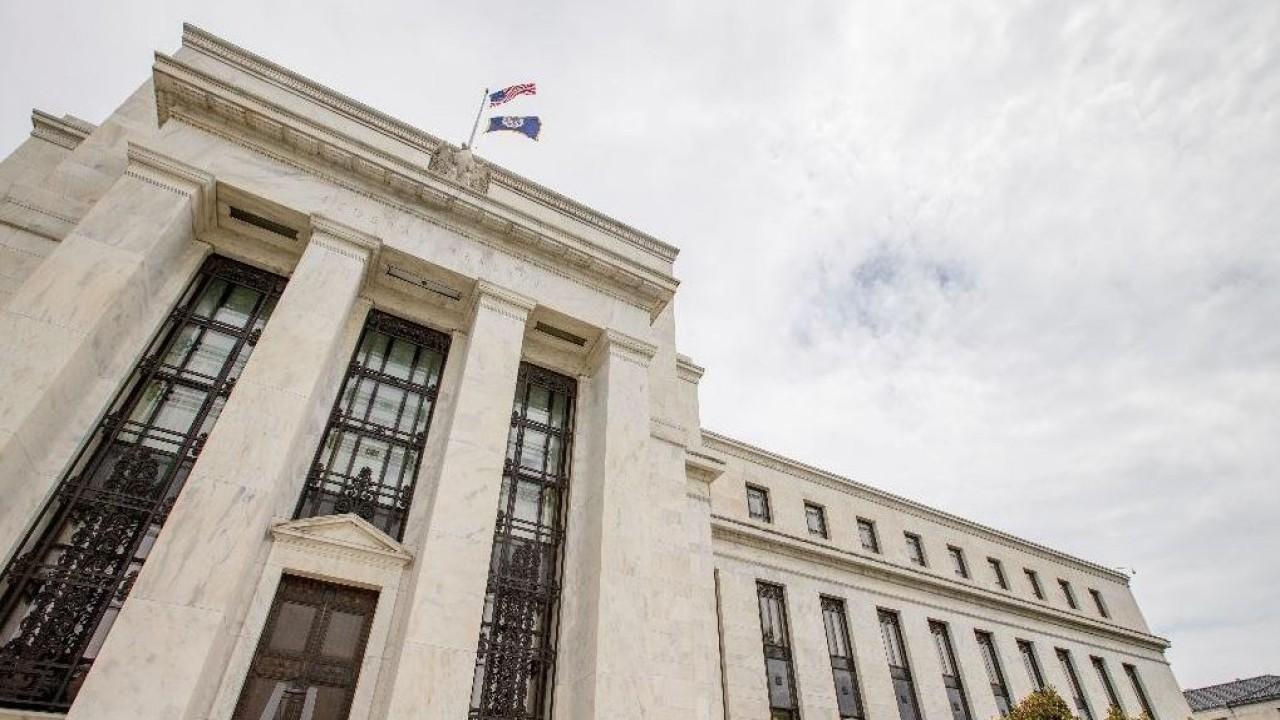Will the Fed’s emergency rate cut work?
Former Fed official Lockhart said he 'doesn't know' if central bank's emergency move will be enough to support economy
Although the Federal Reserve announced on Sunday night that it will drop interest rates to near zero and buy at least $700 billion in Treasury securities, stock futures were down sharply the next day, raising concerns that the U.S. central bank’s most dramatic move since the 2008 financial crisis won’t be enough to quell panic over the coronavirus pandemic.
Dow Jones Industrial Average futures were lower by 1,040 points, or 4.5 percent, while the S&P 500 and Nasdaq Composite were down 4.7 percent and 4.5 percent, respectively.
FED SLASHES INTEREST RATES CLOSE TO ZERO, BOOSTS ASSETS BY $700B TO FIGHT CORONAVIRUS PANDEMIC
“I don’t think we can know whether or not it will work,” Dennis Lockhart, the former president of the Federal Reserve Bank of Atlanta, told FOX Business. “First of all, I would say the Federal Reserve is in a support role here. The real frontline of action has to be the health authorities, and to some extent the fiscal authorities as well.”
Lockhart said that while monetary policy in the U.S. is “as accommodative as it can possibly be to support the economy through this,” there are multiple scenarios that could play out.
“I’m not sure whether or not the Fed’s action per se is enough,” he said.
During the Sunday evening press conference, Chairman Jerome Powell signaled that policymakers will not send the benchmark federal funds rate into negative territory and will instead focus on "forward guidance and asset purchases.”
TRUMP 'VERY HAPPY' AS FED CUTS RATES TO NEAR ZERO
"We do not see negative policy rates as likely to be an appropriate policy response here in the United States," Powell said.
Although the U.S. has always had positive interest rates, other countries have experimented with sending rates into negative territory in hopes of staving off a looming global slowdown. So far, five central banks have interest rates set below zero, including Japan, Sweden, Denmark, Switzerland and the European Central Bank.
Part of the reason for the market panic, Lockhart said, is because the U.S. central bank chose to take emergency action, rather than wait for their scheduled meeting on Wednesday.
“The fact that it was done over the weekend at an emergency weekend, tells you how seriously the Fed is looking at this situation,” he said. “It produces some mixed results of course, because an emergency meeting signals to the world that in fact, you’re dealing with an emergency.”
CLICK HERE TO READ MORE ON FOX BUSINESS




















